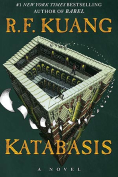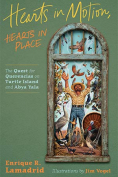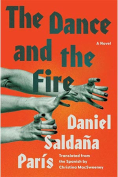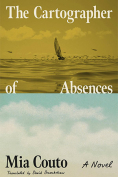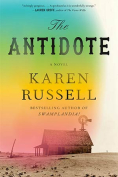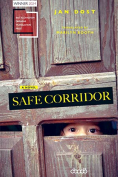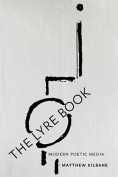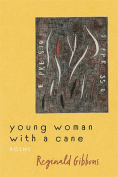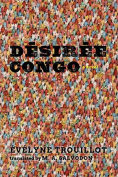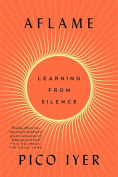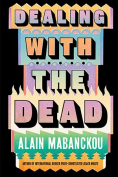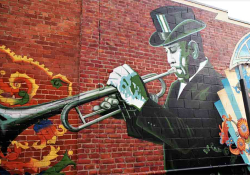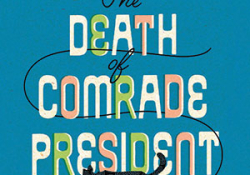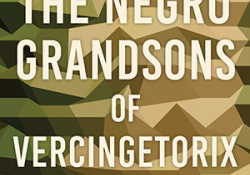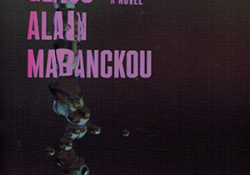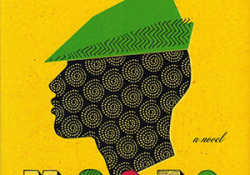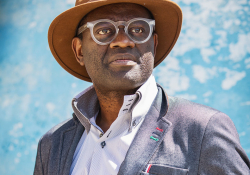Dealing with the Dead by Alain Mabanckou
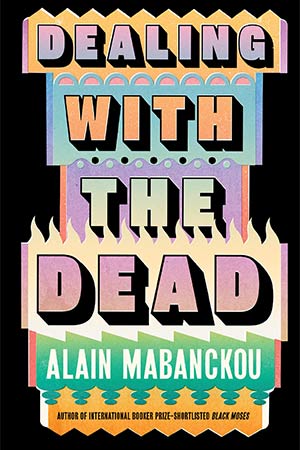
New York. New Press. 2025. 225 pages.
Since 2005’s Broken Glass, Alain Mabanckou has emerged as the Congo’s definitive literary voice (see WLT, Sept. 2016, 62–71). In 2017 Black Moses posed a story akin to a modern Charles Dickens tale, as it felt simultaneously timeless and refreshing. With Dealing with the Dead, Mabanckou puts forth a mythological journey into the underworld that leans on his semi-autobiographical tendency and yields a novel that’s profound, poignant, and gripping.
In a tale told from a second-person perspective, Liwa Ekimakingaï finds himself sucked up by a cyclone and hurled on top of his own grave. Confused and disoriented, Liwa tries to recall how he died, and whether his death is truly permanent. After recounting his childhood while observing his four-day funeral, Liwa reawakens to meet his guide through the necropolis, Prosper Milandou, a deceased director of human resources who was murdered in front of his employees. Prosper introduces Liwa to myriad characters—living and dead—before his fateful meeting with the afterlife’s grand authority: Black Mamba.
Dealing with the Dead is by far Mabanckou’s most magical text, but it still anchors itself with raw and realistic storytelling. Like a companion piece to the author’s memoir, The Lights of Pointe-Noire (2014), his dialogue feels organic without sabotaging its magic. The accounts are vivid and spectacular, but not gawdy or outside the realm of disbelief. They feel comfortable and at home, like straight from the mouth of a great-grandparent.
The novel isn’t so much a descent into death as it is a celebration of life. While the mystery behind Liwa’s death builds tension and intrigue, the character’s trajectory on occasion feels secondary to those around him. At times this can make the protagonist feel transparent and inconsequential. But at the same time, such secondariness lends itself to the position in which he, and by extension we, find ourselves. Dealing with the Dead rightfully prioritizes reflection over redemption, proving that the former is a more than valid path to closure.
Dealing with the Dead may walk on familiar territory for Mabanckou, and to a certain extent, that makes it feel a bit less powerful than his previous work. Even so, it’s hard to deny what makes it unique. Despite not heading in an entirely new direction, the author still carries a passion and mastery of his craft that won’t lose momentum anytime soon. Contrary to this novel’s title, Mabanckou encourages us to not just deal with the dead but to listen to them.
Daniel Bokemper
Oklahoma City




